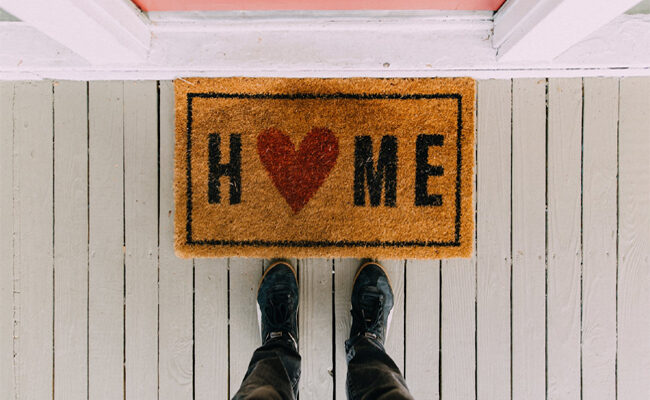
Should your next move be to buy your next home or rent it? Whether you’re a new homeowner looking to get your first home or an experienced homeowner that’s been around the block for a while, the process of making a final decision on your next home can be daunting.
But with the help of beneficial resources and valuable moving companies, UMoveFree strongly suggests that the experience can be smooth and informed.
We’ve put together this definitive guide to help you understand and evaluate the factors you have to consider before making that final decision. If you’re reading this right now from your screen, you may want to get your pen and notebook to take notes.
Factors to Consider
Your Reason for Moving
Remember your reasons for moving in the first place before you decide on whether or not you’re going to rent or buy your next home.
At times, we may be moving out of urgency because we’ve been offered a new job opportunity or are beginning a new schooling opportunity in a different location. For this reason, staying close to the school or workplace would be a fantastic advantage in terms of convenience, travel time, and saving on extra traveling costs.
Unfortunately, however, central city or town points tend to offer more options in the line of rental accommodation. This is understandable because most people who are new to an area tend to prefer staying in locations that are close to basic recreational facilities such as their jobs, schools, and shopping centers. This is until they are more familiar with the place and its surroundings to relocate to a more settled surrounding.

For this reason, it’s advisable to consider renting if you are settling into a new location. If you decide to rent, you can make the process even smoother by using a reliable rental platform such as Rentberry to search for available rental properties in your desired location. It will afford you the opportunity to scout ideal neighboring areas well enough to make an informed decision on where you would like to rent or perhaps buy.
Residency Time Frames
With this factor, we assess how long you intend on living in a specific house. If you’re freelancing and constantly seeking new project opportunities, you may be changing your residency from time to time. In this case, it would be ideal to rent rather than buy. Renting allows you the flexibility in moving and not having to worry about things like selling your home.
If you have a stable job that you’re intending on pursuing in the long run and perhaps have a family with kids, you may find buying a house to be ideal since you probably have no intentions of changing locations anytime soon. Buying offers you the advantage of taking your money and investing it in increasing your personal equity status.
Your Pocket
Buying a home doesn’t always mean that you have a budget large enough to settle the house immediately. Some potential buyers seek financial assistance from institutions like banks to get a loan and make monthly repayments to pay it back.

So if you’re open to the idea of renting and buying, one of the deciding factors would be based on whether or not you get loan approval if buying is your first option. If you don’t manage to find any success in that, then renting may be a better option for you in the meantime.
The Risks Involved
Renting comes with the benefit of offering flexibility and providing you with that needed time to meet requirements for a home loan approval. Let’s also not forget that you’re not financially responsible for the expenses that arise from maintaining the home.
Disadvantages to consider with renting would include the inability to change the house. Examples include not being allowed to change the color of the house or replace the kitchen counters. You also have to think about things like facing annual rent increases, having no tax benefits, and walking away with no wealth creation.
Buying a home comes with the benefit of settling down and being stable, and being able to pay monthly payments that add value to your equity.
But disadvantages you may need to consider include having to incur maintenance costs which can be expensive, facing more responsibilities, less moving flexibility, and possibly having your property value drop because of the market.
In Conclusion
Your circumstances work best in determining what may work best for you. Having a large budget can help, but convenience surrounding your everyday needs should be your number one priority. Though we can’t give you a solid solution on whether buying or renting would work best for you, we hope that this definitive guide has steered you in the right direction.
Leave a Reply